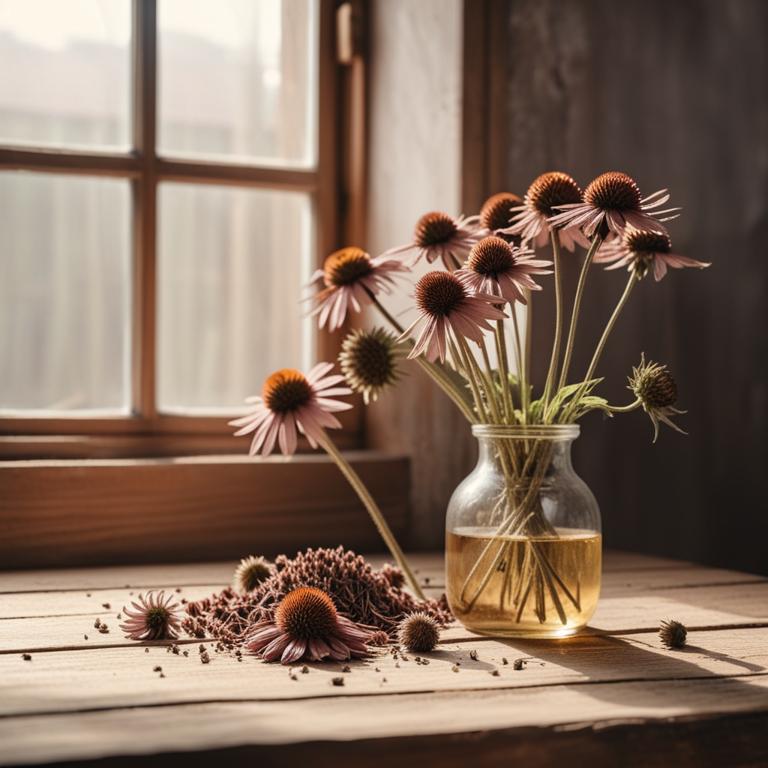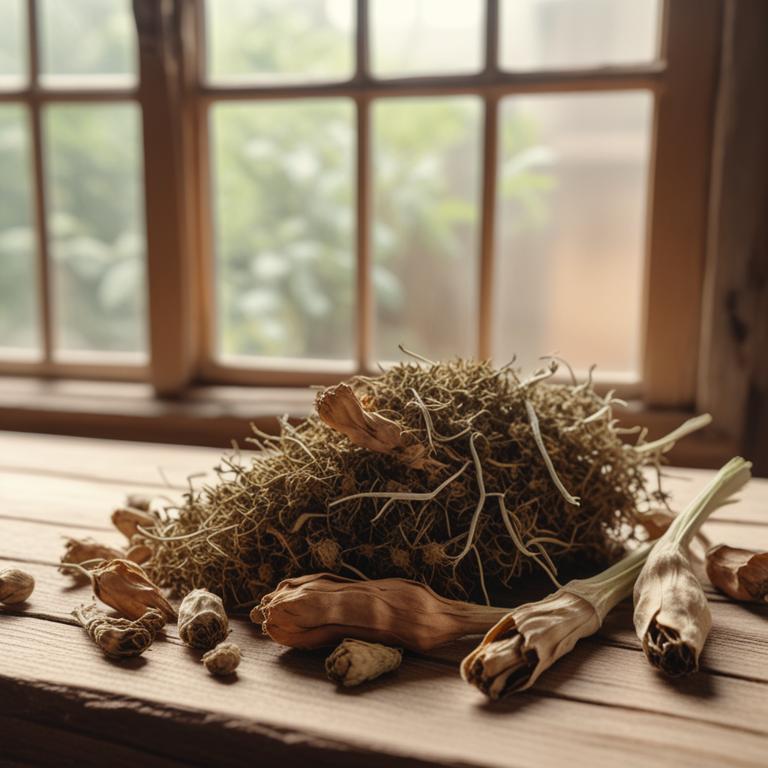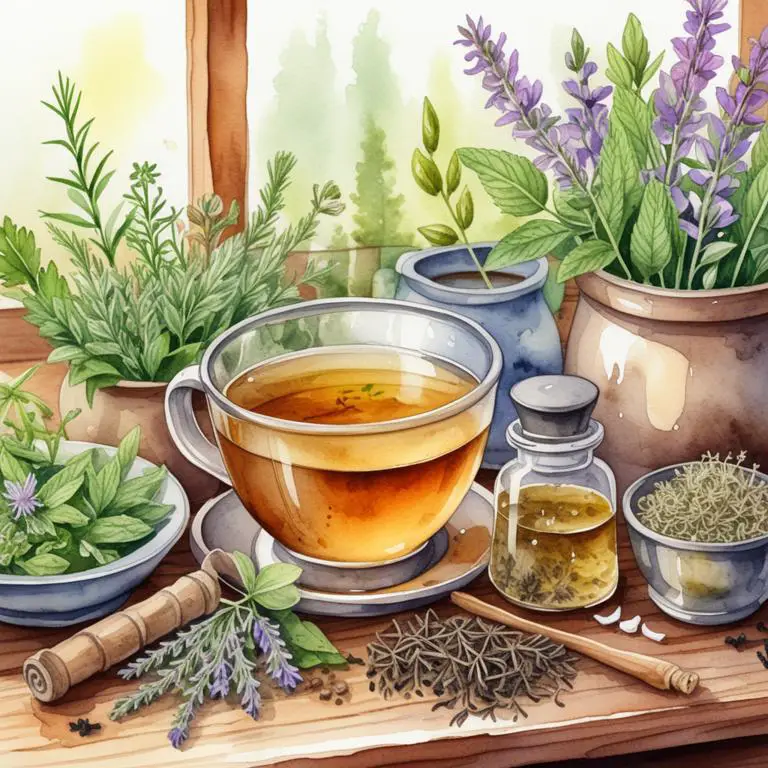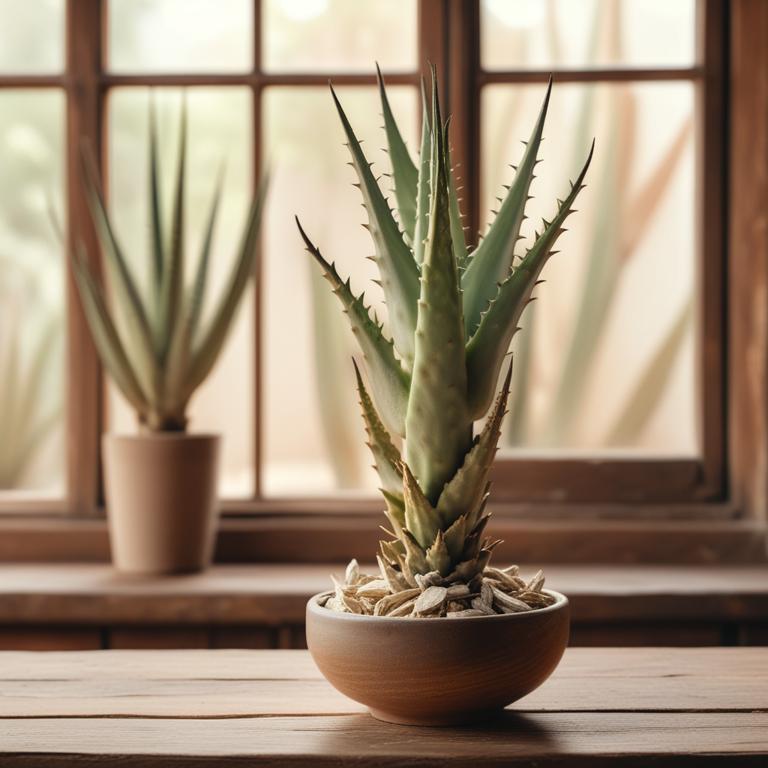Updated: Dec 1, 2024
Jock Itch Causes, Symptoms, and Herbal Preparations for Relief
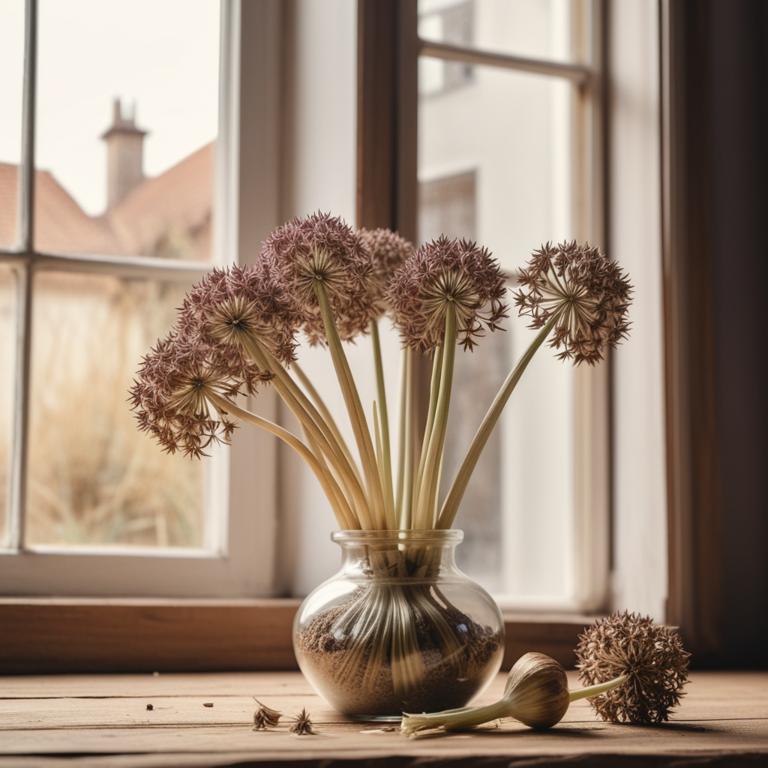
Jock itch is a common fungal infection that causes red, itchy, and flaky skin in the groin area.
It can be embarrassing and uncomfortable, making everyday activities like exercising or even sitting uncomfortable. Jock itch is usually caused by a combination of factors, including sweat, bacteria, and tight-fitting clothing that traps moisture, giving the fungus the perfect environment to thrive. To treat jock itch with herbal remedies, we can turn to natural antifungals like tea tree oil and oregano oil.
These herbs have potent antifungal properties that can help combat the fungus causing the infection. We can also use herbs like calendula and aloe vera to soothe and calm the itchy skin. To use these herbs, we can make teas by steeping them in hot water, or apply them topically in the form of creams or ointments.
Some people also use herbal powder or capsules to get the benefits of these herbs systemically.
Table of Contents
What factors lead to the onset of jock itch?
The main causes of jock itch are a combination of factors that come together to create the perfect environment for the fungus to grow.
One of the main causes is Candida, a type of fungus that thrives in warm, moist environments. When you sweat, it creates an ideal breeding ground for Candida to multiply and cause infection. Bacteria also play a role, as they can break down sweat and create a fertile ground for fungi to grow.
Fungi like Trichophyton, Microsporum, and Epidermophyton are the primary causes of jock itch. These fungi are naturally found on the skin and can easily spread to other areas, especially in warm and humid conditions. When your skin is exposed to these fungi, they can infect the skin and cause jock itch. Another factor that contributes to jock itch is warmth, which can be caused by tight clothing, exercise, or hot showers.
When your skin is warm and moist, it becomes an ideal environment for the fungi to grow and multiply, leading to the development of jock itch.
What benefits can be gained by using herbs for jock itch?
Using herbs for jock itch can be a great alternative to over-the-counter treatments.
These natural remedies can help soothe and calm the affected skin, reducing redness and itching. They can also help to dry out the fungal infection, making it easier to heal.
Additionally, herbs can provide anti-inflammatory properties, which can help to reduce swelling and discomfort. Some herbs can even help to kill the fungus that causes jock itch, promoting faster healing and preventing future outbreaks. Furthermore, using herbs can be a more gentle and non-irritating option, especially for people with sensitive skin.
This can make them a great choice for those who want to avoid harsh chemicals and artificial ingredients.
What are the primary medicinal herbs used to cure jock itch?
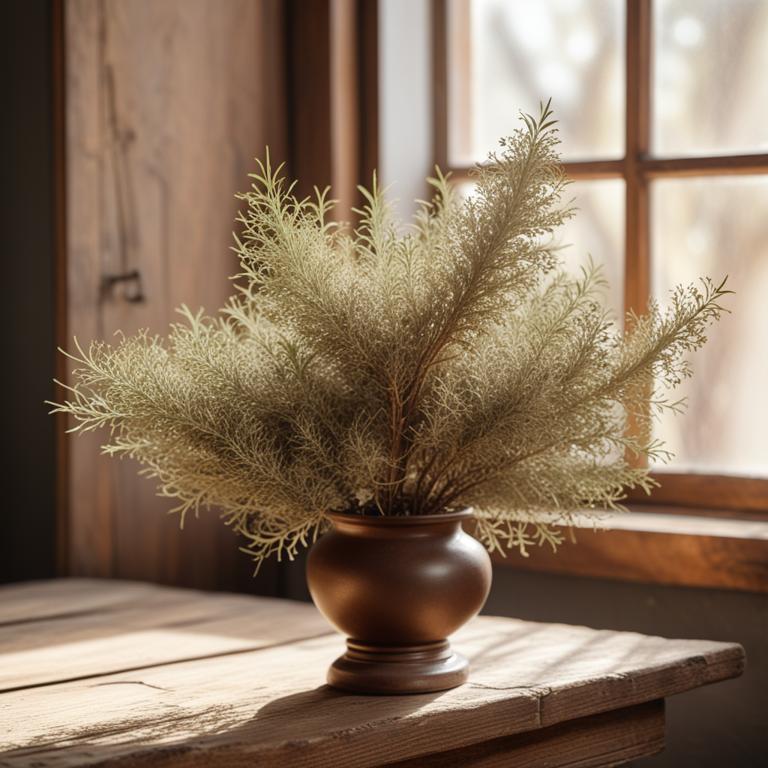
Herbs can be a great addition to your treatment plan for jock itch.
One herb that's often used to treat fungal infections is Melaleuca alternifolia, also known as tea tree oil. It has antifungal properties that can help kill the fungus causing your jock itch. Another herb with antifungal properties is Azadirachta indica, also known as neem oil. It can help soothe and calm the skin, while also fighting off the infection. Aloe vera is also a great herb to use for jock itch.
It has anti-inflammatory properties that can help reduce redness and itching. Aloe vera also helps to soothe and calm the skin, making it a great addition to your treatment plan. Origanum vulgare, also known as oregano oil, has antifungal and antibacterial properties that can help fight off the infection and prevent it from coming back. Calendula officinalis, also known as marigold, is an herb that's often used to treat skin conditions like jock itch. It has anti-inflammatory and antiseptic properties that can help soothe and calm the skin, while also fighting off the infection.
These herbs can be used in various forms, such as creams, ointments, or oils, and can be applied directly to the affected area.
What are the top herbal treatments for jock itch?
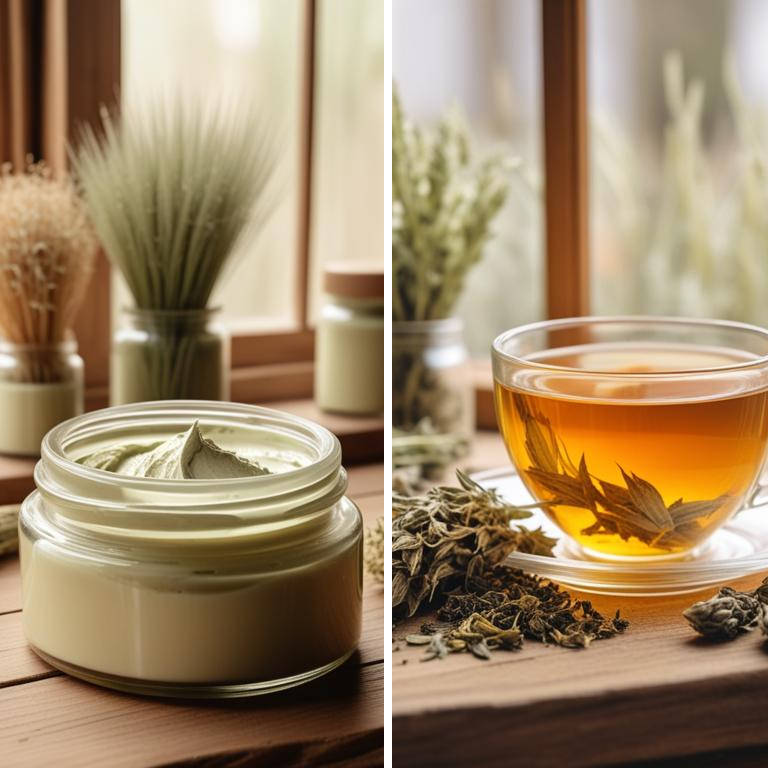
Herbal preparations can be a great way to treat jock itch.
One option is to use a cream made from tea tree oil, which has antifungal properties that can help kill the fungus causing the itch. You can also use a decoction, which is a liquid made by steeping herbs in water, like goldenseal, which has antibacterial properties that can help soothe the skin.
Drinking tea made from herbs like oak bark and plantain can also be beneficial, as they have anti-inflammatory properties that can help reduce swelling. A salve made from coconut oil and herbs like aloe vera can provide a protective barrier on the skin and help soothe the itch.
Finally, an infusion made from herbs like calendula can be used as a compress to apply directly to the affected area, providing a cooling and soothing effect that can help relieve the itch.
Additional Resources:
What herbs should be avoided if you have jock itch?
If you have jock itch, it's a good idea to be careful with some herbs that might make things worse.
Eucalyptus globulus is one of them. When you apply eucalyptus oil to your skin, it can cause irritation and make the itching and redness of jock itch even more uncomfortable. This is because eucalyptus oil has strong antiseptic properties that can be too harsh for sensitive skin. Hypericum perforatum, also known as St. John's Wort, might not seem like a likely culprit, but its oil can also cause skin irritation and make jock itch symptoms worse. This is especially true if you have sensitive skin or allergies. Hypericum perforatum can cause an allergic reaction, which can lead to increased redness and itching.
Some herbs are also known to trigger jock itch symptoms. Echinacea purpurea is one such herb. While it's commonly used to boost the immune system, its use can sometimes cause skin irritation, which might exacerbate jock itch symptoms. This is especially true if you're using it in large quantities or for an extended period. Silybum marianum, or milk thistle, is another herb you might want to avoid. Its seeds contain compounds that can cause skin irritation and allergic reactions, which can make jock itch symptoms worse. Glycyrrhiza glabra, or licorice root, is a common ingredient in herbal remedies, but it's not suitable for people with jock itch.
Glycyrrhiza glabra can cause skin irritation and dryness, which can lead to increased itching and discomfort.
FAQ
Are there any specific herbs that can prevent jock itch?
Tea tree oil is known to help prevent jock itch.
Its antifungal properties can stop fungal growth that causes the infection. Some people also use neem oil, which has similar antifungal properties.
These herbs can be applied topically to the affected area to help prevent the infection from spreading and to promote healing.
Is it safe to use herbal remedies for jock itch during pregnancy?
When pregnant, it's best to be cautious with herbal remedies for jock itch.
Some herbs can interact with pregnancy hormones or affect the baby's growth. Tea tree oil, for example, is often used to treat fungal infections, but its safety during pregnancy hasn't been well studied.
If you're considering an herbal remedy, talk to your healthcare provider first to weigh the risks.
Are there any herbs that can reduce the frequency of jock itch?
Some herbs like tea tree oil and aloe vera have antifungal properties that can help reduce the frequency of jock itch.
When applied topically, they can soothe and calm the affected skin, reducing irritation and inflammation.
This can help prevent future outbreaks by keeping the area clean and balanced.
Can i combine different herbal remedies for jock itch?
You can combine different herbal remedies for jock itch, but be cautious.
Some herbs may interact or cause reactions. For example, tea tree oil and aloe vera can be used together to help soothe and dry the affected area.
However, if you're using echinacea, it might not be the best choice as it can increase sensitivity.
Related Articles
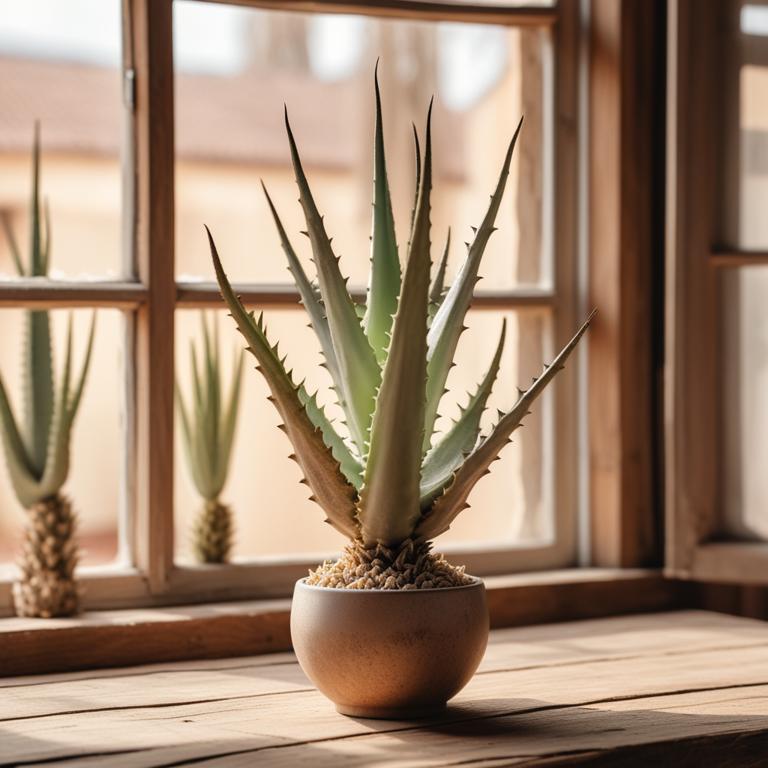
Causes and Remedies of Burning Feet: Medicinal Herbs and Herbal Preparations
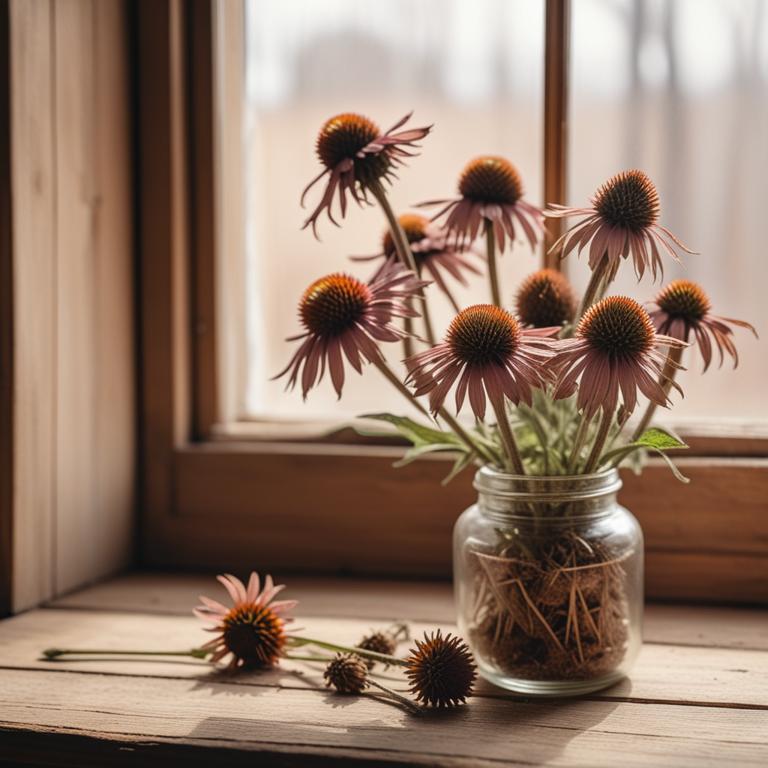
Gum Swelling: Natural Causes and Medicinal Herbs for Treatment
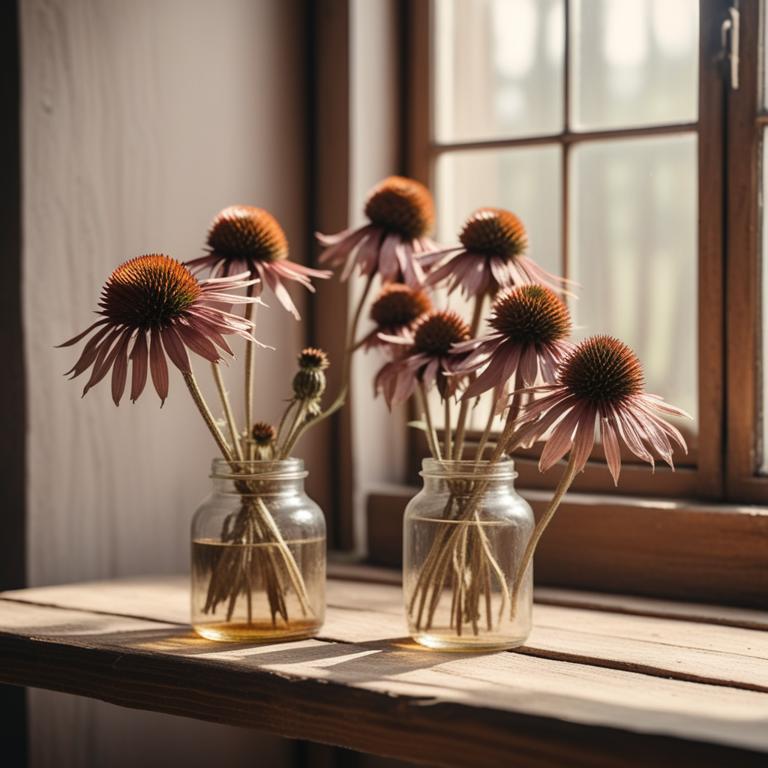
Causes, Herbal Solutions, and Preparations for Mouth Ulcers
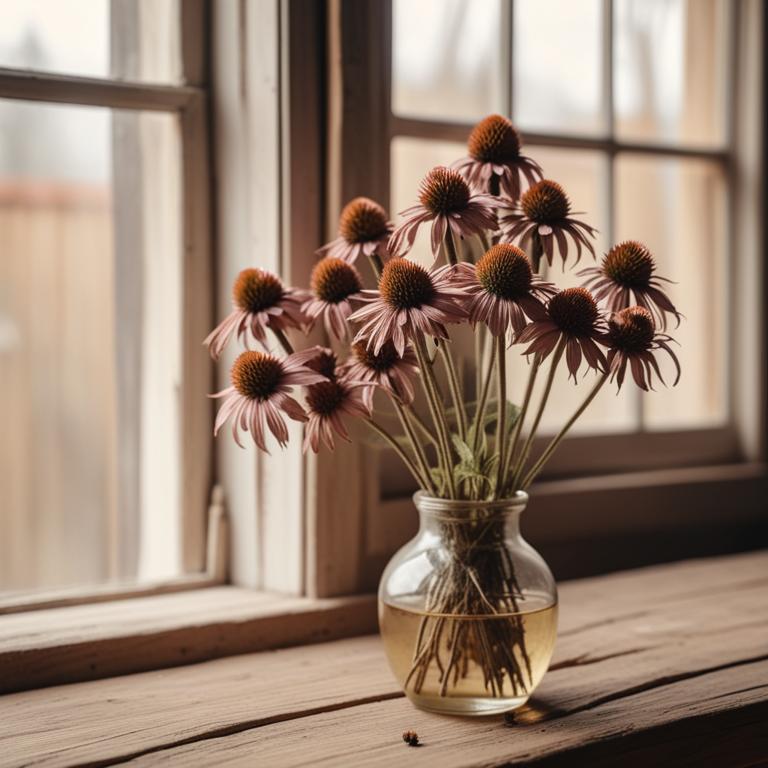
Inflamed Mouth Care: Causes, Medicinal Herbs, and Natural Remedies for Healing
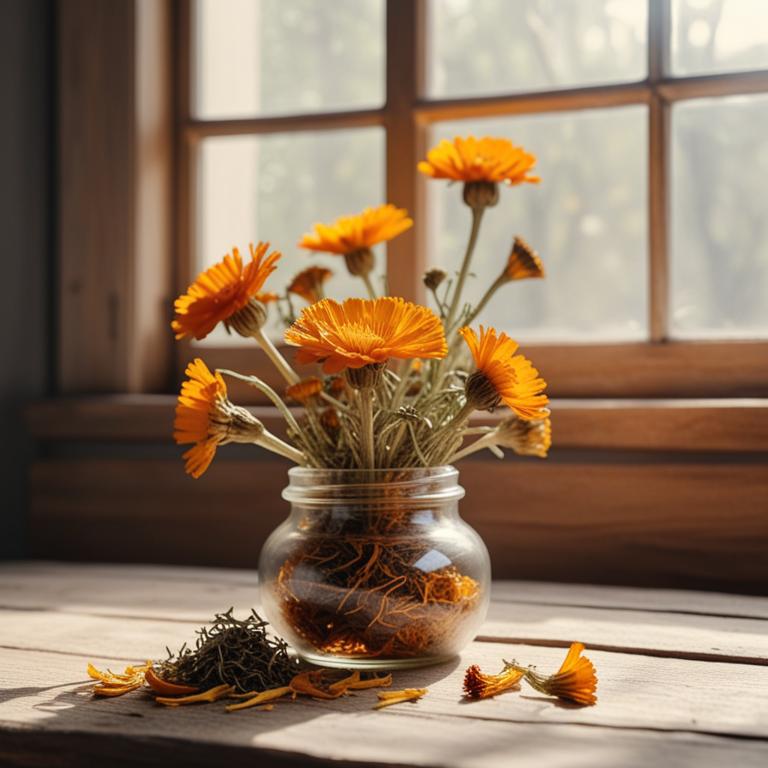
Eye Irritation: Causes, Herbal Remedies, and Therapeutic Preparations
